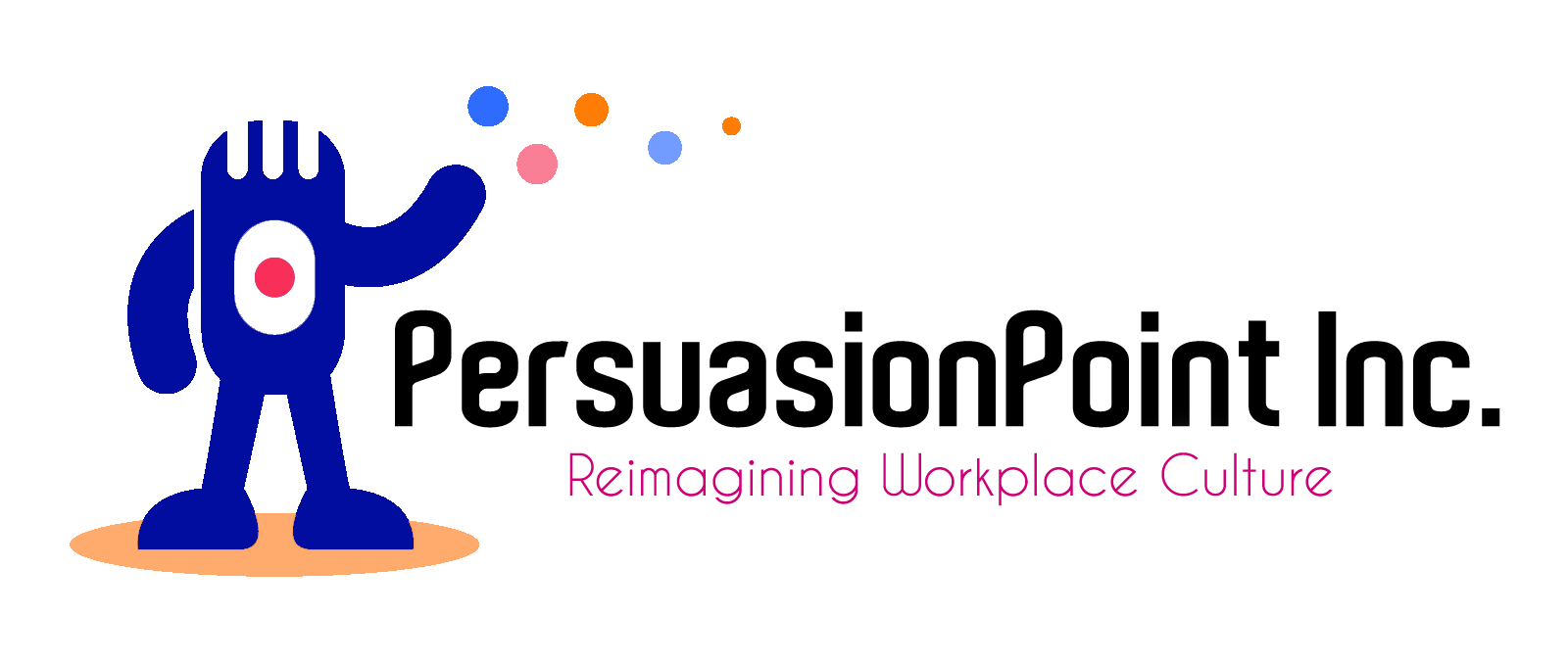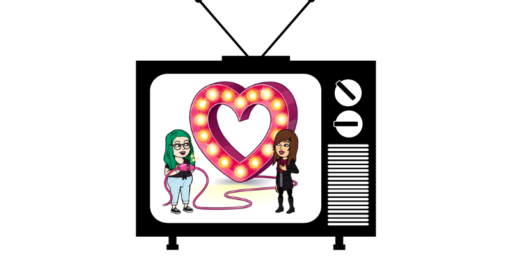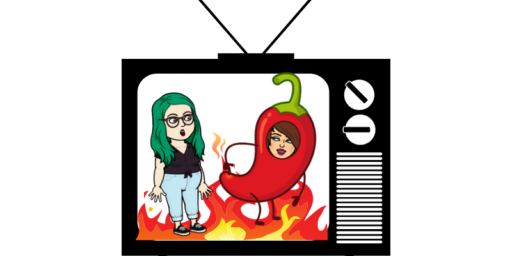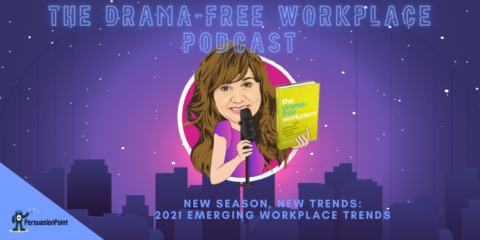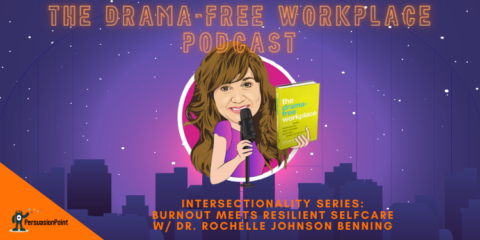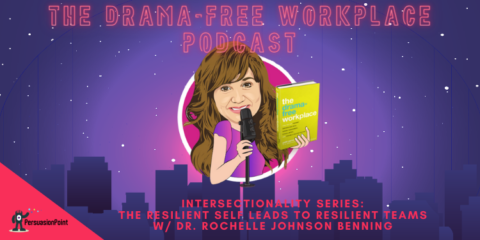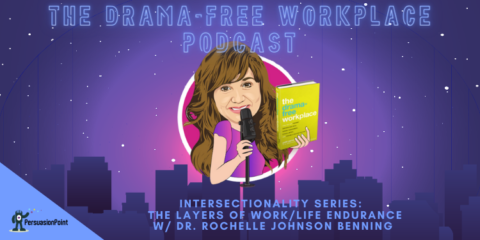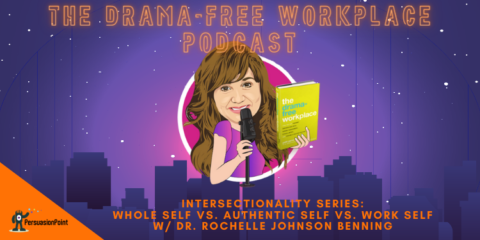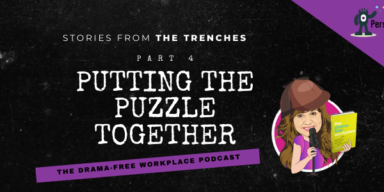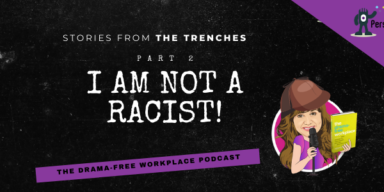July 24th is International Self-Care Day. However, I, Dr. J., declare July as self-care month because we need more than a day after the year plus that we’ve all had! (July is, also, Disability Pride Month. Checkout our handy Inclusivity Calendar for the workplace to celebrate all year long!)
Almost a year and a half into the COVID-19 pandemic, feelings of despair, grief, hopelessness, boredom, isolation, restlessness (perhaps all of the above and many more emotions and feelings than I have space to write here) have become a reality for many of us.
Although vaccine efforts are now being rolled out with greater efficiency and businesses and travel destinations are opening up again, we all know it’s going to be a long time before we can reach the same levels of freedom, productivity, and social connection that we had during pre-pandemic times. Some of us are starting to feel life go back to a semblance of normal but we are far from declaring a victory and going back to 2019 (and really, who wants to do that too?)
I’ve spoken to some fairly resilient professionals and leaders over the last few weeks and they are reporting that not only have they experienced unusual weariness and exhaustion, they have also noticed this is the second or third time they’ve hit the “pandemic wall” over the last year or so.
Questions I’ve received during my conversations include:
- Will school be normal for my children? What have they missed? What long term effects will the pandemic have on their academic growth and social and emotional health?
- Is it safe to stop wearing masks? Where do I have to wear them? What if I don’t want to stop (besides for health reasons, it nicely hides my facial expressions)?
- Do I really need to go back to the office? Can I finally go back to the office (for those who really miss “peopling”)? Can I telework?
- What will work feel like now?
- Will I know how to behave in front of people in person? I’ve become the weirder version of me and I quite like her/him/them.
As we can see, there are lots of questions with no answers. However, we are sense-making creatures. So what can we as professionals and leaders do during these stressful times?
Self-care has garnered a great deal of attention in the last few years because the World Health Organization declared that workplace burnout is now an officially recognized mental health concern. Adding hitting the proverbial wall to the mix has increased the focus on this area. It is important to take care of ourselves so we can continue to thrive even while managing the Sisyphean task of living during a pandemic.
Why is it so hard to do this? Simply put, busy professionals often neglect self-care because of:
- The lack of time
- They are often responding to the needs of others
- There’s a sense of overall guilt and feeling selfish when they focus on themselves
However, when you fail to take care of yourself, you’re increasing your chances of elevated stress, anxiety, and exhaustion. We don’t have to live like this y’all! Here are seven areas to consider for creating a self-care plan:
1. Be proactive and put it in your calendar
Assess your schedule and plug in your self-care time just as you would other obligations…and stick to it. Self-care, often mistakenly confused with self-indulgence, can range widely – from making time for a fitness class or finally going to that doctor’s appointment that you’ve been putting off. It can also be listening to music, savoring a meal (instead of eating on the run), chatting with a friend who makes you laugh, taking a break in a quiet room in your house or office, or even doing a quick breathing exercise.
2. Even a few minutes count.
Even if you don’t have blocks of time, you can still fit in moments of relaxation. By taking just 2 or 3 minutes to close your eyes and take a few deep breaths, you can make a world of difference in the way you feel.
3. Tuning into your body.
Make sure you are getting sufficient, quality sleep; choosing delicious, nutritious food; and being physically active. Additionally, it’s a good idea to listen to your body, as it often has valuable information to share. Is your back stiff? Get up from your computer and do a quick stretch. Are you feeling scattered or zapped with low energy? Make an effort to drink more water or go for a brisk walk. When you listen to these physical messages, your overall well-being tends to be more in balance. Tiny steps work!
4. Setting boundaries.
Boundaries can be physical and relational. For example, certain places should be off-limits for cell phones, like our bedrooms and dining room tables. In fact, we can go a step further and set time boundaries with technology. It’s easy to monitor how much time you are on devices, and this will give you an indication of whether you need to impose limits on your use so you can go outside or do other fun things, like reading a book. Additionally, we need to realize we can say no when our plates are full and we are not taking care of our own basic needs. This may be hard to do initially, but the world will not end if we say “no” to a few invites or delegate a task.
5. Relationships.
Needless to say, healthy and supportive relationships are fundamental to resilience and self-care. Besides your friends and family, what is your relationship to yourself? Do you beat yourself up with self-criticism or do you treat yourself with self-compassion, giving yourself the same kindness and forgiveness that you would a friend?
6. Patience.
Habits take time and repetition to develop. Accepting that self-care is a vital part of your well-being and being intentional about including small steps will make it an integral part of your daily life.
7. Support and help.
Getting balance in your life does not have to be a solo endeavor. Talk to like minded friends and make a plan together. Just know, figuring out where and when to start can be overwhelming at times and you may benefit from professional support such as a counselor, therapist or coach. Also as a leader, you can be this support. Encourage your team to watch their stress levels and perhaps build a team self-care plan and checklist.
Want to find out more about self-care, balance, building strong and collaborative professional and personal relationships? I provide one-on-one coaching services through PersuasionPoint for anyone looking to improve their work-life resilience. Let’s hop on a call and see how we might be able to best work together!
(PS – Can’t stomach the idea of yet ANOTHER Zoom call? Email me your questions instead: rochelle@persuasionpoint.com).
About the Author
Dr. Rochelle Johnson is the Chief Well-Being Officer of PersuasionPoint, a management consulting firm dedicated to teaching leaders and teams how to create and sustain healthy, inclusive, and profitable workplace cultures. She blends her experience as a media professional, university lecturer and researcher, writer, mental health professional, coach, and wellness expert to help organizations, teams, and individuals be resilient, healthy, and thriving.
Rochelle has provided individual and group psychoeducational programs for employees at various US government agencies, both domestically and internationally, and multinational corporations. She brings this background with her to PersuasionPoint as our “Nerd-in-Residence” in all things resilience and well-being: workshops and presentations on stress management, coping during crisis, work-life balance, restorative sleep, personal wellness, mindfulness techniques, team building, individual, team and community resilience, maintaining long-distance relationships, and family and parenting issues when away from home.
She has lived and worked in five countries and has extensive experience working in various US States, Canada, Europe. and Latin America as well as with clients globally particularly in the Middle East, Africa, and Asia. Rochelle has also been a therapist, coach, and lecturer in the Washington D.C. area, London, UK, and Tegucigalpa, Honduras.
Rochelle is a certified crisis team member career development facilitator, and mediator.

About PersuasionPoint
Patti Perez is founder and CEO of PersuasionPoint, a modern-day consulting firm dedicated to teaching leaders and teams how to create and sustain healthy, equitable and inclusive workplace cultures. Patti is the best-selling, award-winning author of The Drama-Free Workplace (Wiley 2019), and draws from the book’s themes to provide practical, authentic, and action-oriented solutions to help companies achieve true diversity and equity, and to create environments of belonging and inclusion.
Patti and the team provide services specifically tailored to address workplace struggles with recruiting, retaining, promoting and fully valuing diverse employees – including consulting, leadership training, and boot camps for diverse attorneys who are emerging leaders.
Contact Patti here or email her directly at Patti@PersuasionPoint.com.
